Don’t gamble away Philadelphia’s future with casino frenzy
-
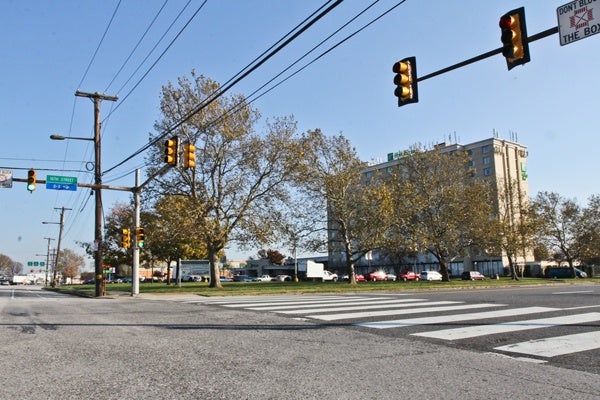
Cordish Cos. proposed a partnership with the owner of Bensalem's Parx to build a casino on Packer Ave. and 10th streets. (Kimberly Paynter/for NewsWorks)
-
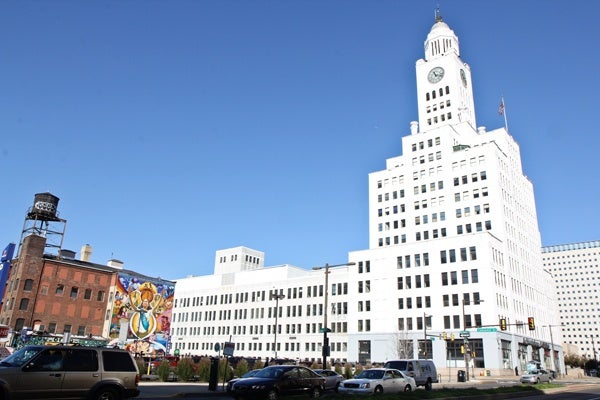
The former site of the Daily News and Inquirer at Broad and Callowhill streets. (Kimberly Paynter/WHYY)
-
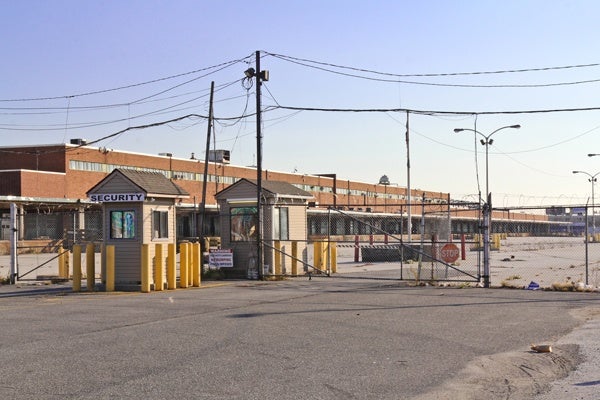
U.S. Rep. Bob Brady is advocating to build a city run casino at the site of the old food distribution center at Parker Ave. and 3rd streets but has not yet submitted a proposal. (Kimberly Paynter/for NewsWorks)
-
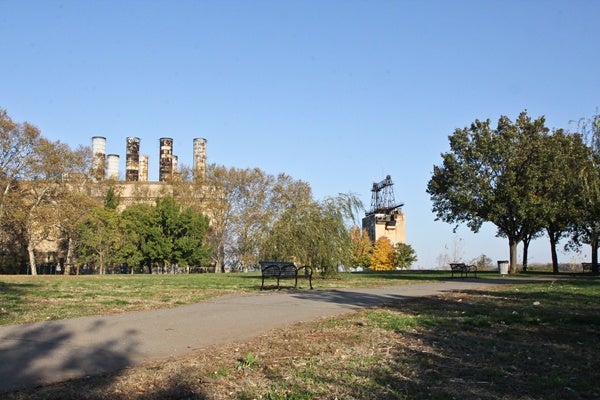
Casino developer Steve Wynn has said that he wants to build along the Delaware River in Fishtown, near Penn Treaty Park. (Kimberly Paynter/for NewsWorks)
-
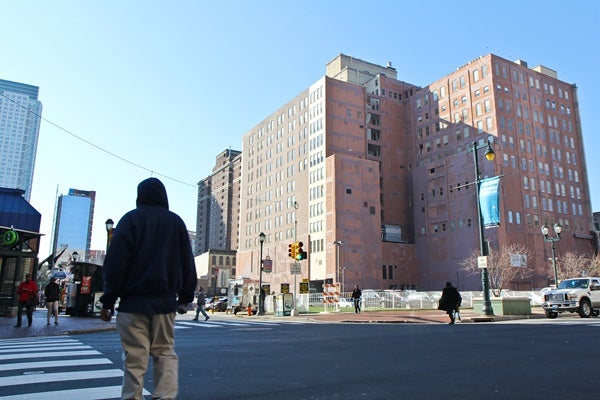
<p>The Goldenberg Group applied for the license to build on the parking lot at 8th and Market streets, the site of the failed DisneyQuest project in the early 2000's. (Kimberly Paynter/for NewsWorks)</p>
Turning Philadelphia into the inland version of Atlantic City will do nothing more than create a sister city built on a river instead of the ocean. Cities such as Las Vegas and Atlantic City are built on nothing more than people’s fantasies. Almost every A.C. billboard on the bridges promises sex, money, decadence and a party that never ends.
The following is a work of opinion submitted by the author.
In 2076, it will be the nation’s tricentennial. If current proposals continue, this is what Philadelphia will be like:
Justin Bieber will be booked indefinitely at the Independence Hall Casino and Resort, which runs from Walnut Street to Arch Street, where gamblers have the unique opportunity to win the original copy of the Declaration of Independence from a $100 slot machine.
The Italian Market will be called the Italian/Hispanic/Asian Midway, complete with roulette, black jack and no fewer than seven international all-you-can eat buffets.
Rittenhouse Square will be the new Rittenhouse Revel, and instead of a park we will have a state-of-the-art spa/casino where the rich can have a manicure on one hand while holding a straight flush with the other. Donald Trump will own it. (Yes, he’s still alive.) The slogan of the city will be “Yo. Do Philly. Or Else.”
On the outskirts of the United States’ new gambling Mecca will be rows of pawn shops, cheap nuisance bars, horrific drugs more powerful than crack or OxyContin, criminals shadowing casino winners, and a new breed of middle-class homeless people who lost everything trying to win enough money on slots to pay for a single Eagles ticket, despite the fact that the Eagles still haven’t won a Super Bowl.
Of course, with only one category 2 slot machine operator license remaining in Philadelphia before the Nov. 15 application deadline, the above scenario paints an exaggerated picture of our future. But what is not an exaggeration is the current trend by state and local governments to see casinos as a fix-all solution for our fiscal and social catastrophes.
“The proposed Market Street East casino site has the potential to generate additional economic development in that entire area. This development process that this legislation initiates will involve further detail, further discussion, further legislation and a full and open examination of all relevant issues and community concerns,” Mayor Michael Nutter stated in a 2008 press release after signing bills to create a commercial entertainment district in Market East to pave the way for the Foxwoods Casino that was never built.
As Hurricane Sandy lashed the East Coast, two new Philadelphia casinos have been proposed. On Oct. 24 developer Bart Blatstein proposed a $700 million French-themed casino on North Broad Street, while on Nov. 2, Stadium Casino L.L.C. proposed a $425 million-$500 million casino to be built next to the sports complex in South Philadelphia.
While there is no doubt that more casinos in Philadelphia will increase our tax revenue and improve our employment rate, there is a lot of doubt about how casinos will affect our culture.
Turning Philadelphia into the inland version of Atlantic City will do nothing more than create a sister city built on a river instead of the ocean. Cities such as Las Vegas and Atlantic City are built on nothing more than people’s fantasies. Almost every A.C. billboard on the bridges promises sex, money, decadence and a party that never ends.
Yet, each time I go to Atlantic City, it seems that the party is already over. I see desperate people pulling slot machine handles as if it were their last act. I see homeless people on the beach. I see the closing of luxury boutiques, while dollar stores on the boardwalk remain busy.
If you look closely enough, you can see something even more disturbing: Philadelphia in the year 2076, the new Atlantic City, complete with an oceanfront view.
Nate House is a writer and teaches English at the Community College of Philadelphia. His novel Float is available from Aqueous Books.
WHYY is your source for fact-based, in-depth journalism and information. As a nonprofit organization, we rely on financial support from readers like you. Please give today.

